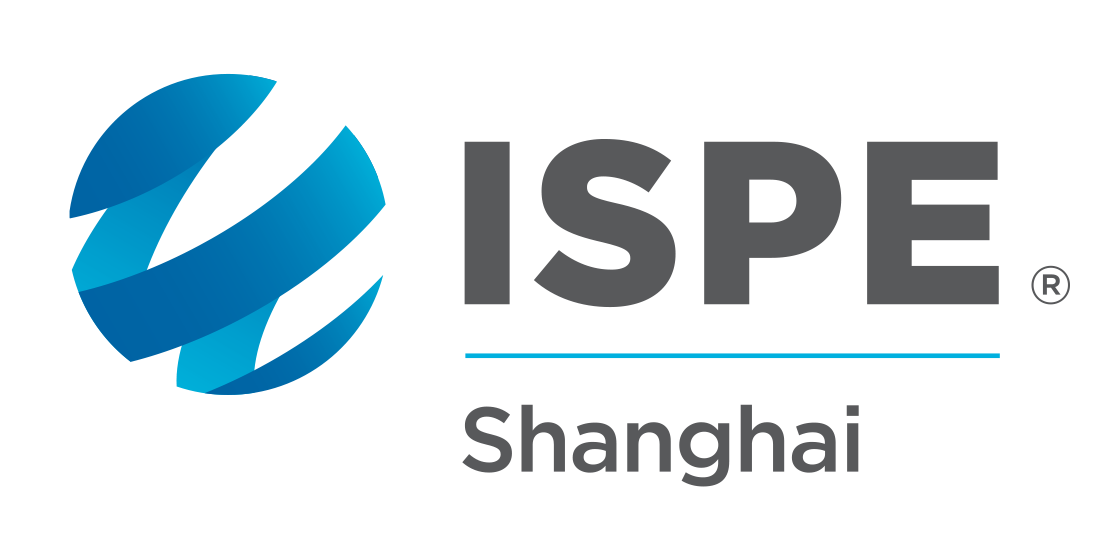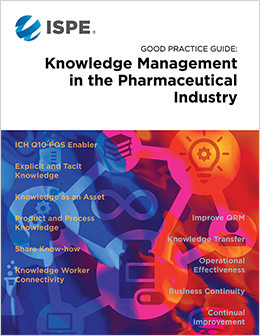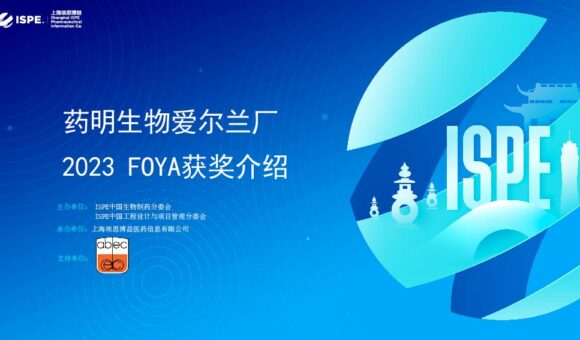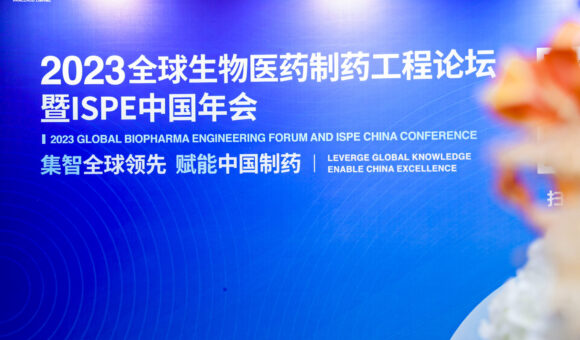Learning Level: Basic/Intermediate
Session Length: 1.5 hours
The ISPE Good Practice Guide: Knowledge Management in the Pharmaceutical Industry places an emphasis on tacit knowledge – often referred to as know-how and know-why. A systematic KM program that manages tacit knowledge is a powerful tool to help maximize knowledge awareness and minimize knowledge loss that can threaten business continuity. This Guide aims to highlight the importance and impact of tacit knowledge, and where appropriate, provide KM methods and tools to better recognize, capture, transfer, and apply tacit knowledge.
The Getting Started section of the Guide presents clear and pragmatic activities to foster the first steps for a KM effort, including advice to start small and ways to measure progress.
This webinar will provide a deeper dive into the ISPE Good Practice Guide: Knowledge Management in the Pharmaceutical Industry and attendees will hear from the contributors to the guide and…
Learning Objectives
- Define and explore the meaning of KM in the context of the pharma industry
- Discuss the importance of KM to the PQS
- Describe KM principles, key concepts, general KM process and fundamental methods and tools with supporting case studies






